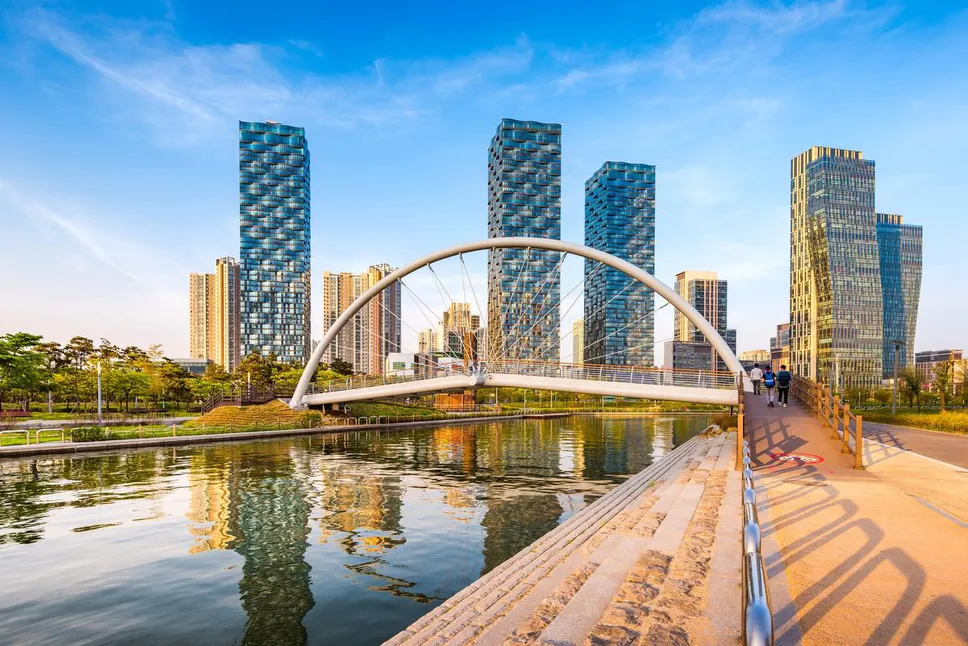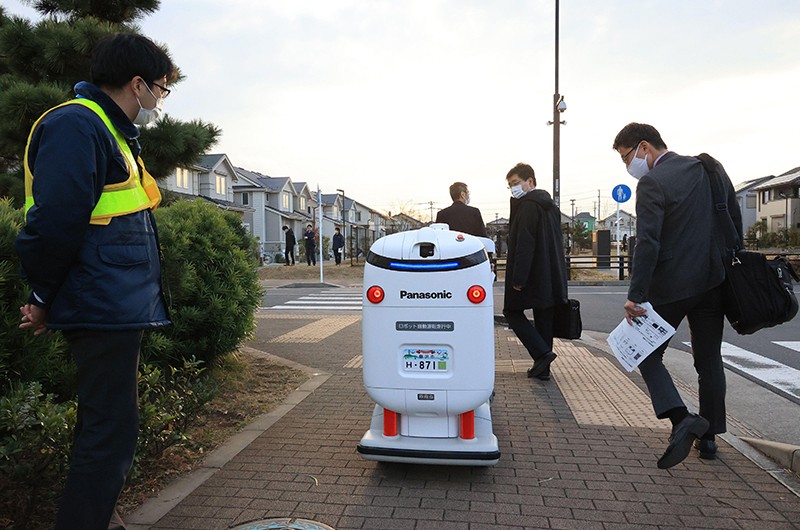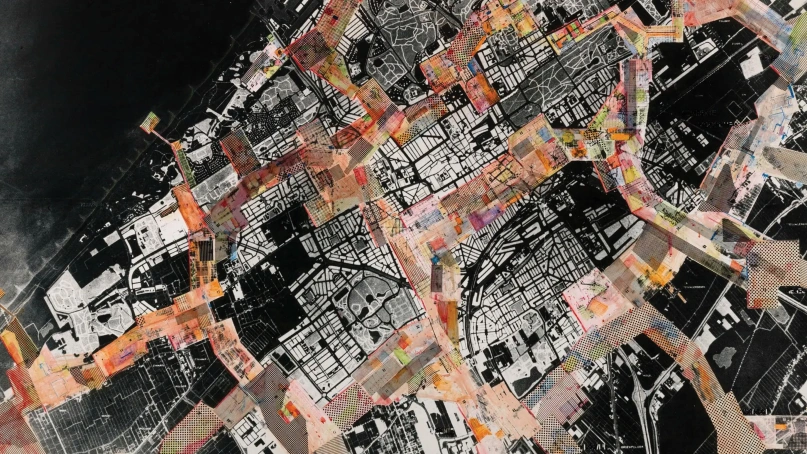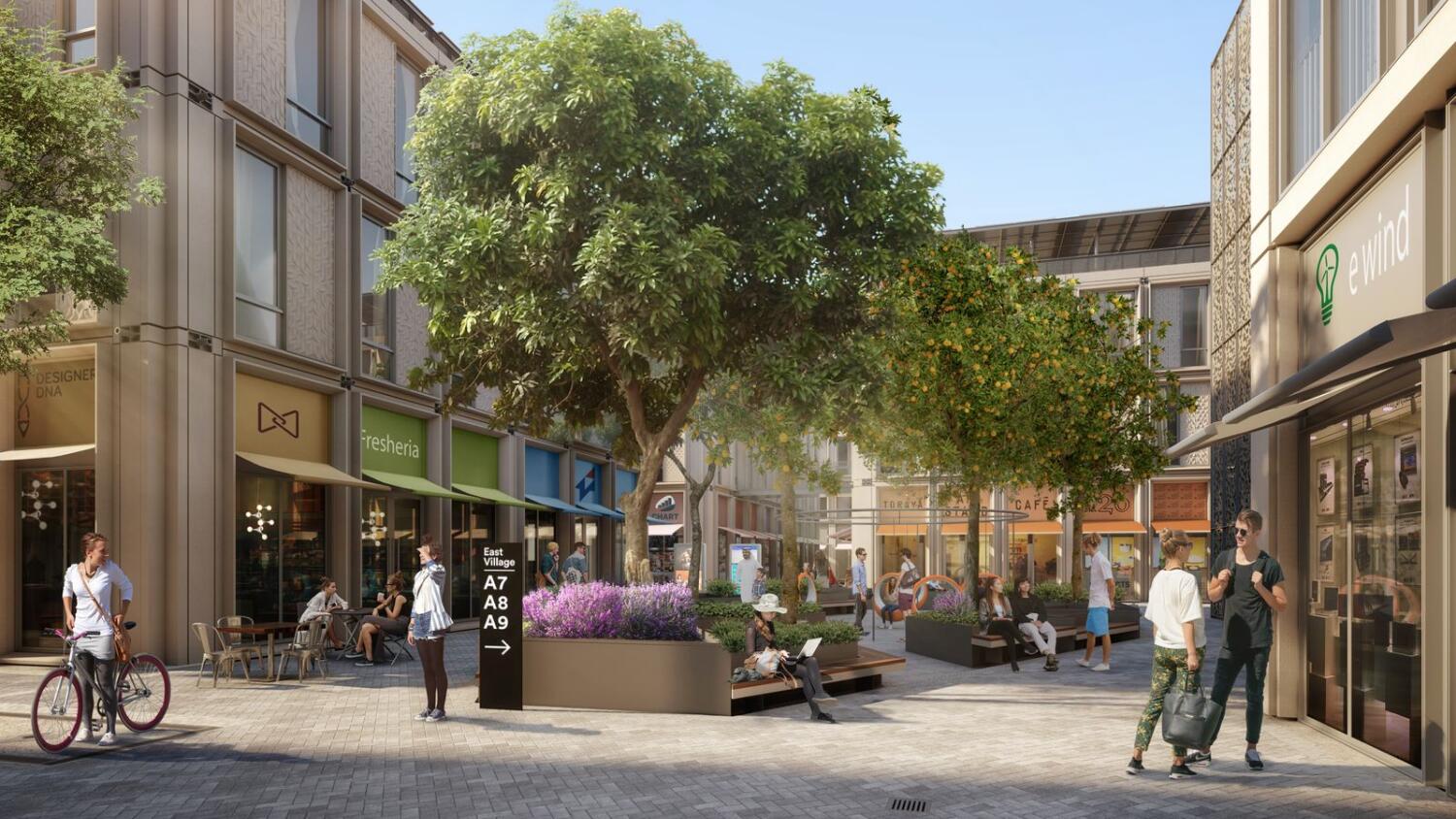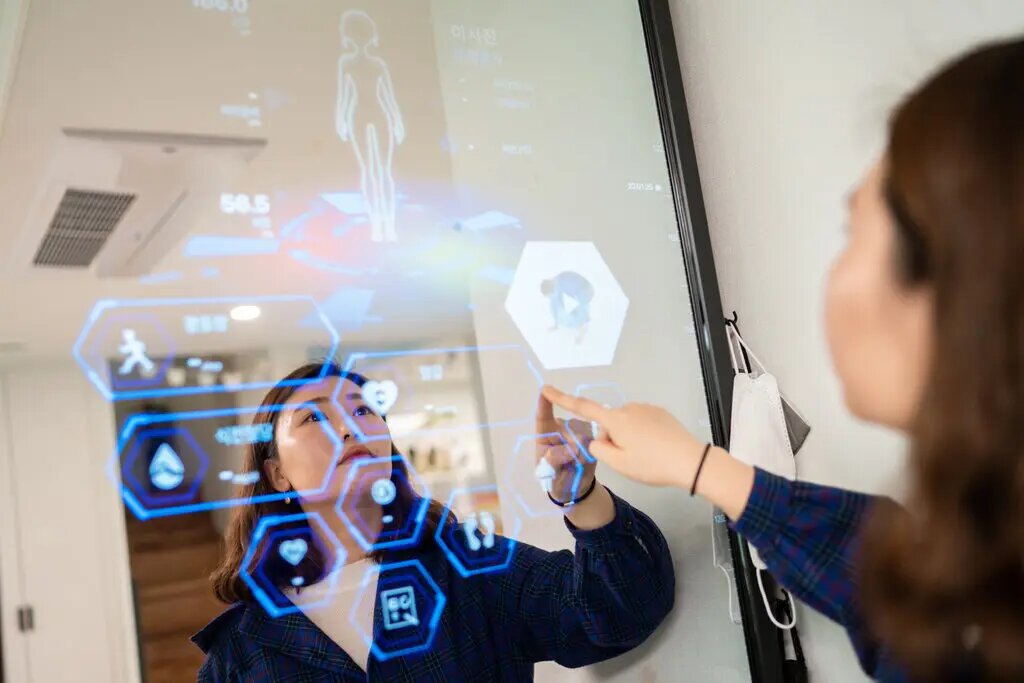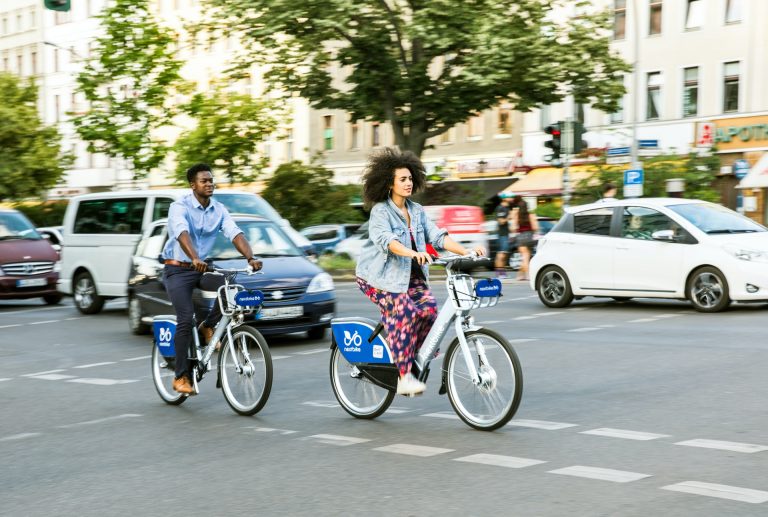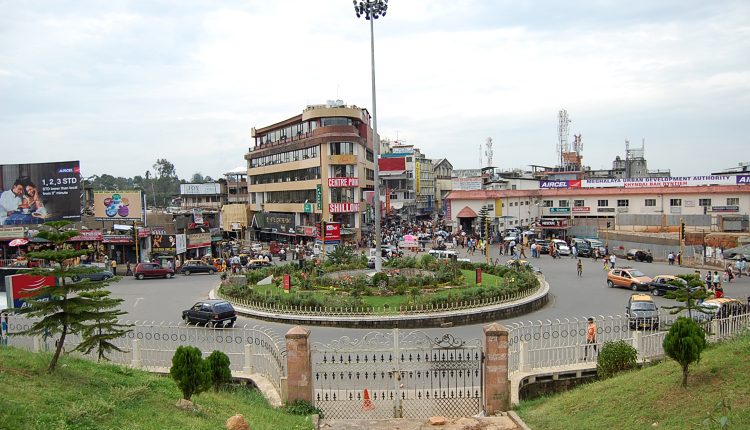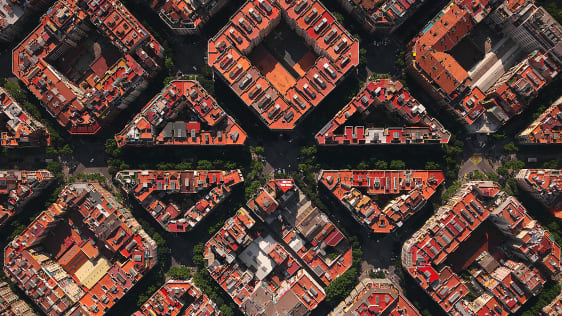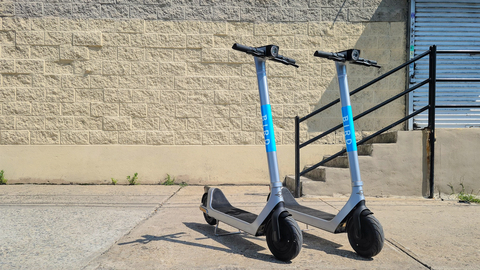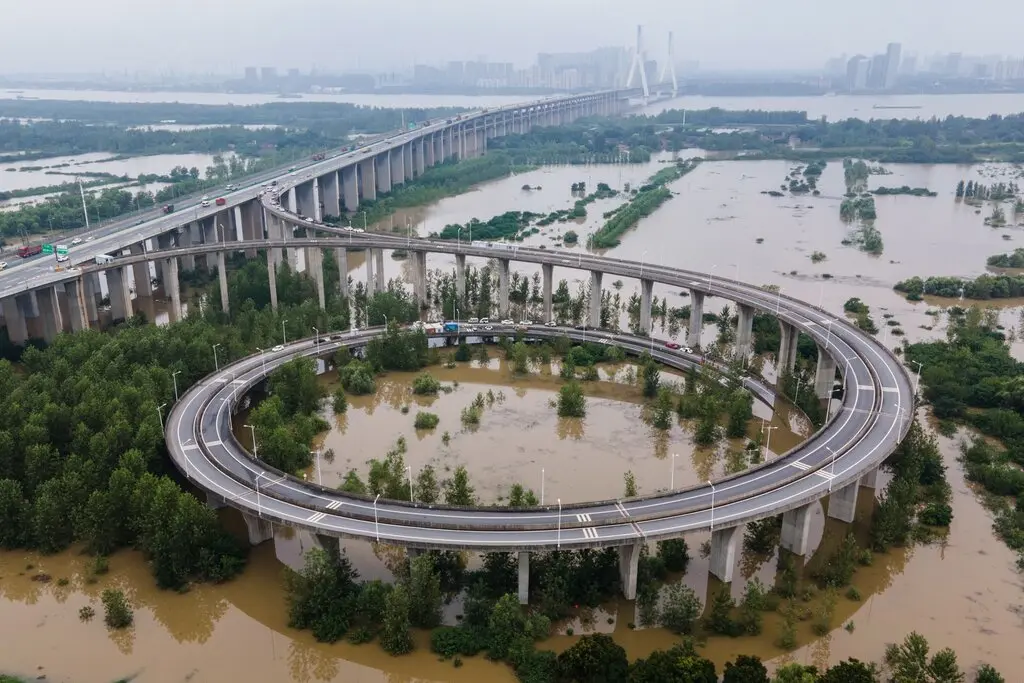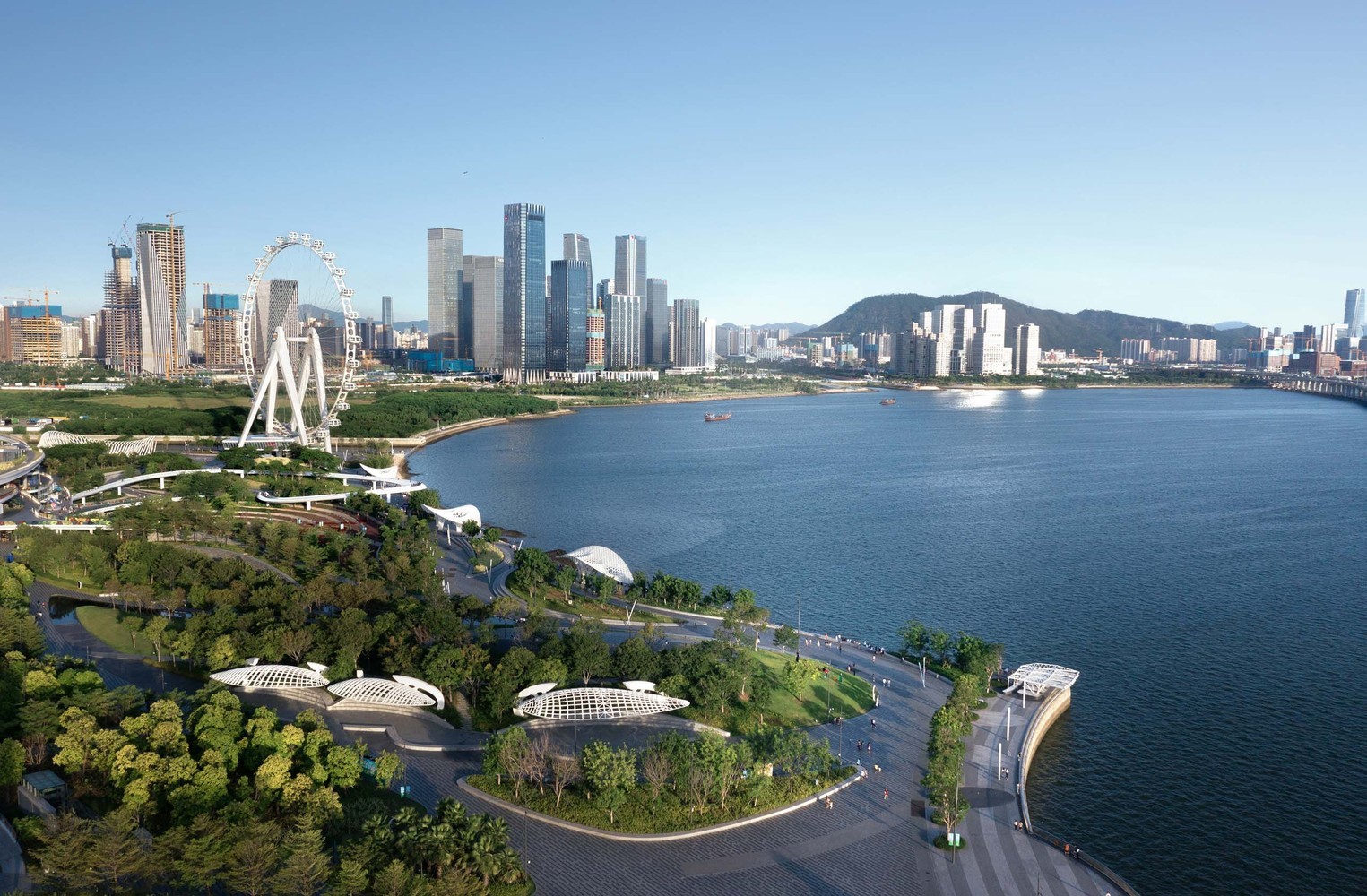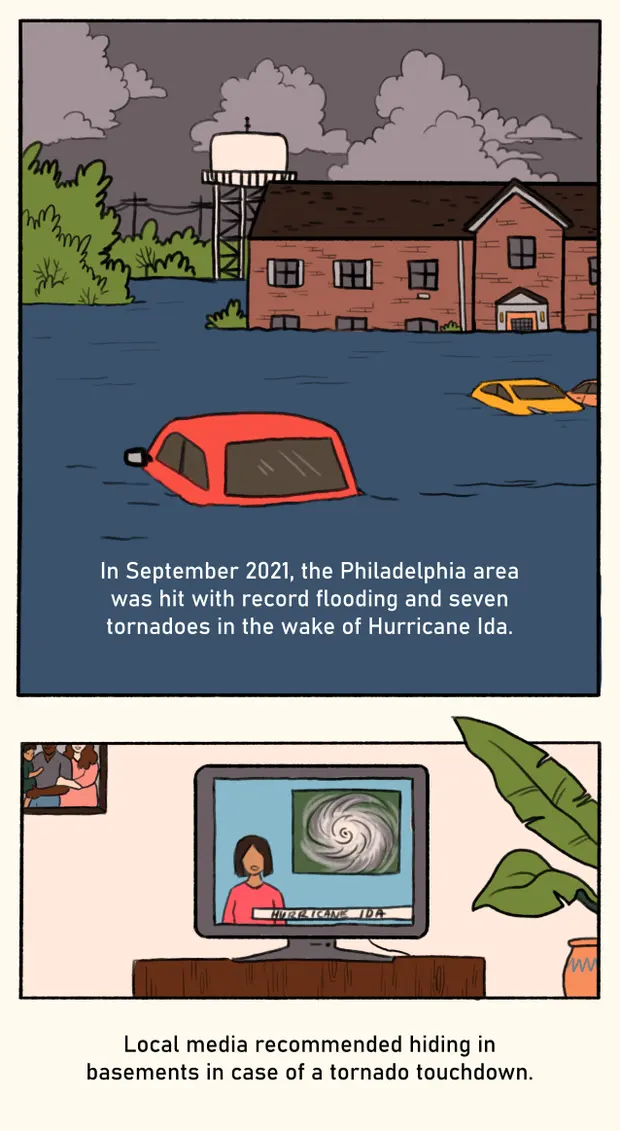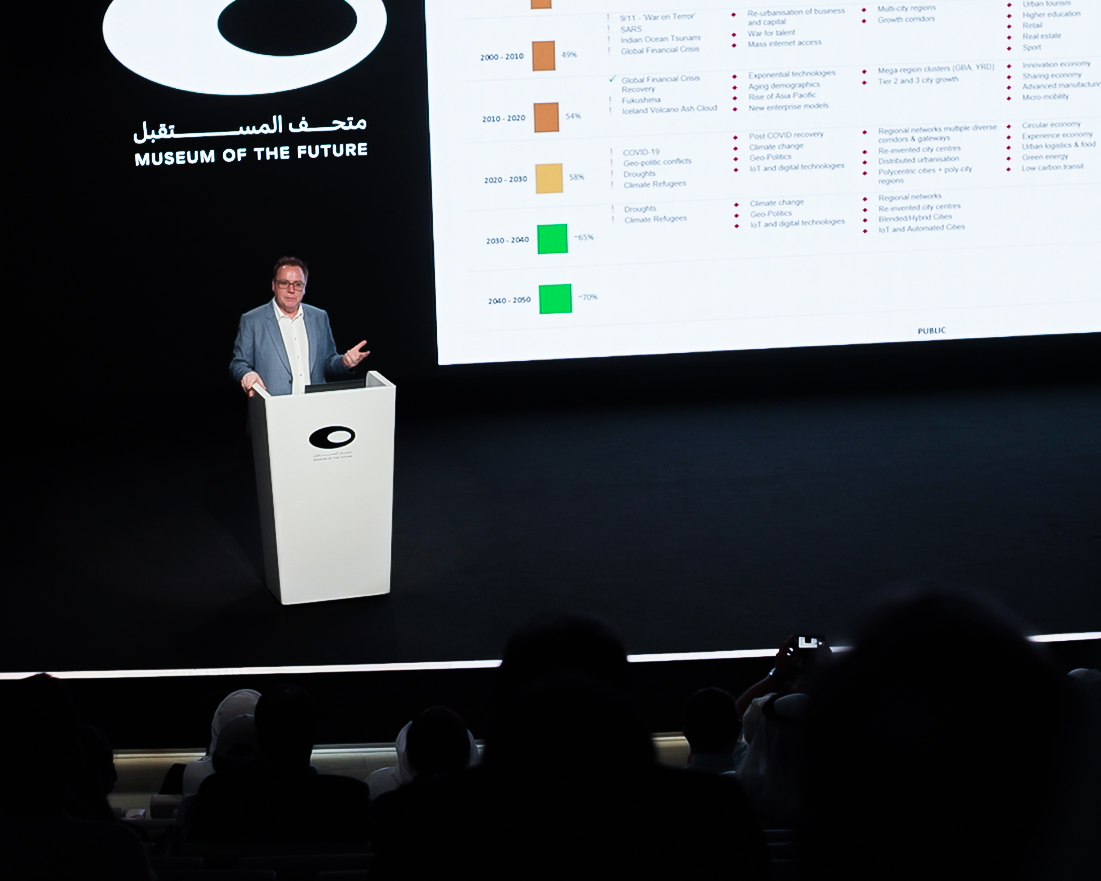
Cities around the world are getting smarter. A growing number even designated themselves “smart cities.” There are, of course, as many definitions of smart cities as there are cities professing to be smart. Very generally, smart cities deploy a host of information communication technologies—including high-speed communication networks, sensors, and mobile phone apps—to boost mobility and connectivity, supercharge the digital economy, increase energy efficiency, improve the delivery of services, and generally raise the level of their residents’ welfare. Becoming “smart” typically involves harnessing troves of data to optimize city functions—from more efficient use of utilities and other services to reducing traffic congestion and pollution—all with a view to empowering public authorities and residents.
+INFO: Foreign Policy




